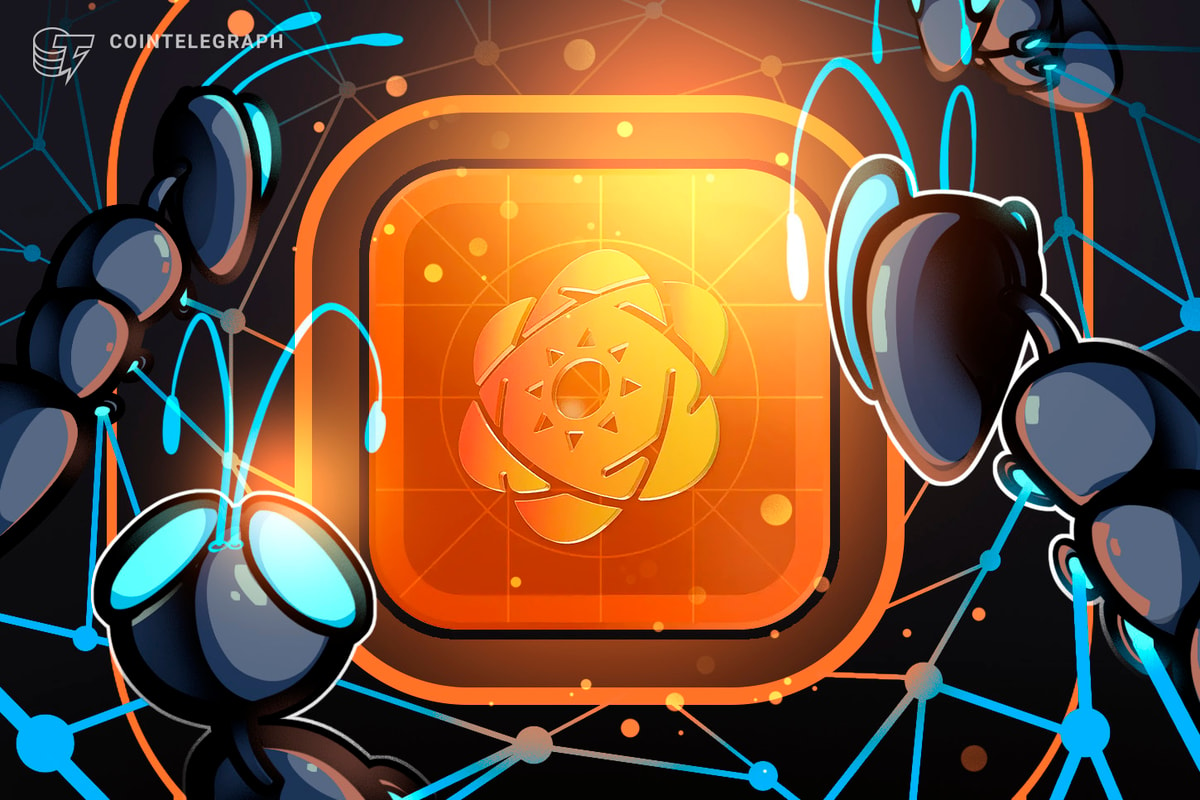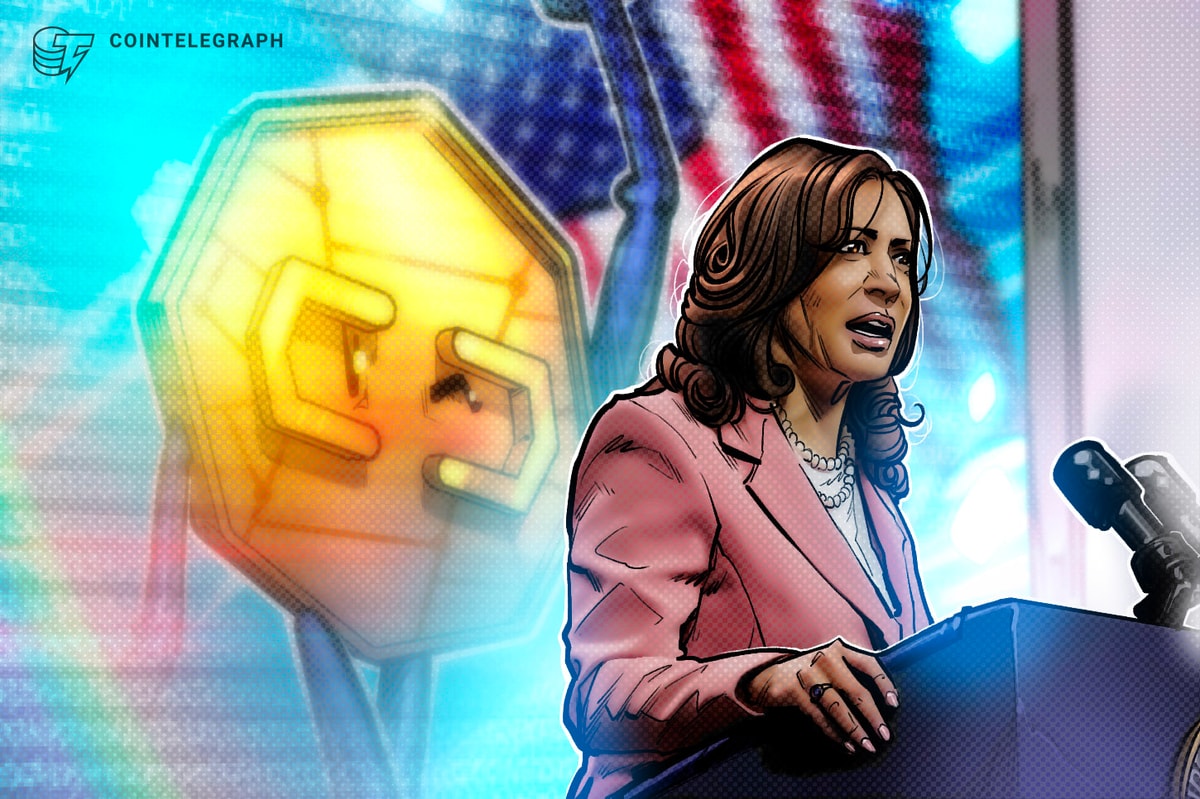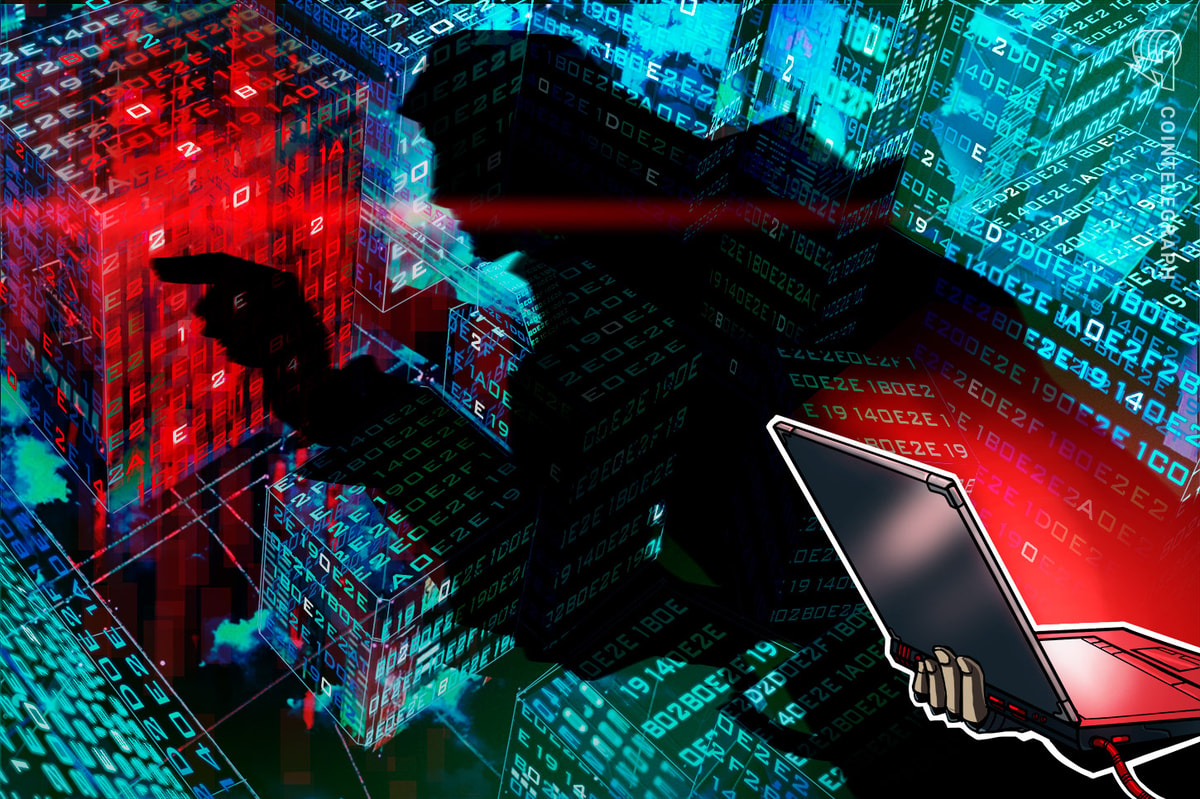World Bank Group estimates around 1.4 billion people worldwide lack access to banking services. Digital exclusion, the inequality in accessing digital technologies, remains a significant challenge, particularly in countries where technology is limited and banking infrastructure is underdeveloped. One of the primary goals of blockchain is to democratize access to resources for those left out due to geographic, economic or technological barriers.
Blockchains can be a viable financial alternative. Digital technology does not require building physical infrastructure. Transactions can be completed in seconds with a significant reduction in costs and risks and without being interrupted by working hours. Moreover, the technology’s decentralized nature streamlines cross-border payments and effectively bypasses conventional currency restrictions and infrastructure limitations.
For the underbanked, decentralized finance (DeFi) provides a way to tap into financial services that may be inaccessible in traditional finance. The trustless system eliminates the need for middlemen and allows the digitally excluded to use previously unavailable services, fostering financial inclusion.
The need for practical blockchain solutions
Removing central authority also comes in handy where access to information and the internet is restricted. Being a decentralized technology, blockchain records data in an immutable way and stores it on distributed servers. Transactions are facilitated peer-to-peer and safeguarded against any external intervention, rendering the technology censorship-resistant and a vital tool in ensuring the free flow of information.
However, despite the huge potential, blockchain faces some hurdles that hinder mainstream adoption, such as its complexity. Web3 applications require a steep learning curve for developers and users alike. Building decentralized systems demands technical expertise, resulting in longer development times and higher costs. For users, navigating intimidating interfaces can be a daunting task.
As adoption grows, blockchains are increasingly required to process large chunks of transactions efficiently, which highlights the requisite of scalability. Low latency and costs are essential for the technology to be a viable alternative in finance. As for gaming, slow transaction times or high fees could ruin user experience.
Blockchains must prioritize simplicity, usability and scalability to overcome these challenges. Platforms with simple interfaces and enhanced scalability could accelerate adoption.
An interconnected ecosystem
One such example is Solar, a user-friendly blockchain capable of processing lightning-fast payments with near-zero fees. The ecosystem is home to an extensive product suite that bridges traditional industries and Web3, making blockchain accessible to everyday users.
Solar strives to simplify Web3, and the ecosystem is not just for tech-savvy users. Its interconnected products are designed to lower technical barriers and make blockchain accessible to a broader audience. Solar Mobile Wallet, its flagship offering, provides an easy way to store and manage cryptocurrencies with just a few clicks. The wallet supports popular networks such as Bitcoin, Ethereum and BNB Smart Chain, and integrates with other features of the ecosystem.
Solar blockchain is designed with a focus on sustainability. It operates on a delegated proof-of-stake (DPoS) that encourages user participation with staking rewards. Moreover, a whopping 90% of transaction fees are burned to ensure a deflationary, sustainable ecosystem.
Blockchain-powered VPN
In regions with limited access to the internet’s full potential, Solar provides a lifeline to the digitally excluded. BrighterVPN, a blockchain-based VPN, enables users to browse the web securely and freely. Whether a student in Turkey accesses academic material or a mother in Malaysia streams Netflix, the VPN helps users worldwide access global content.
The VPN has over 6,000 servers worldwide, enabling high-speed, uninterrupted access that can reach 20Gbps. The app is available for a wide range of devices, including Mac, iPhone, Windows and Android.
BrighterVPN is integrated with Solar Mobile Wallet. The integration empowers users to pay with crypto and avoid revealing credentials such as e-mail, phone number or credit card, thus adding a further layer of anonymity.
Source: Solar
Connecting TradFi and Web3
Solar Card is a crypto-powered debit card that bridges traditional finance (TradFi) and DeFi. The card enables users to make purchases with crypto, both online and offline. Available in over 180 countries, the card can instantly convert between fiat and hundreds of cryptocurrencies, making it convenient for everyday spending.
Solar has initiatives in the GameFi space as well. Tymt is a game launcher that allows developers to create and publish blockchain games. District 53 is a metaverse similar to Minecraft. Players can craft this voxel-based online world while receiving rewards for interacting.
Blockchain for a better future
The project set sail to address critical human needs with accessible and practical blockchain solutions. Tools like the Solar Mobile Wallet, BrighterVPN and Solar Card simplify interacting with Web3 and connect users with TradFi, supporting financial and digital inclusion.
Building on a simple, scalable and sustainable ecosystem, Solar works to get the most out of blockchain for a brighter future. With a focus on reducing complexity, lowering costs and ensuring security, its solutions enable seamless access to decentralized services and Web3.
Disclaimer. Cointelegraph does not endorse any content or product on this page. While we aim at providing you with all important information that we could obtain in this sponsored article, readers should do their own research before taking any actions related to the company and carry full responsibility for their decisions, nor can this article be considered as investment advice.













